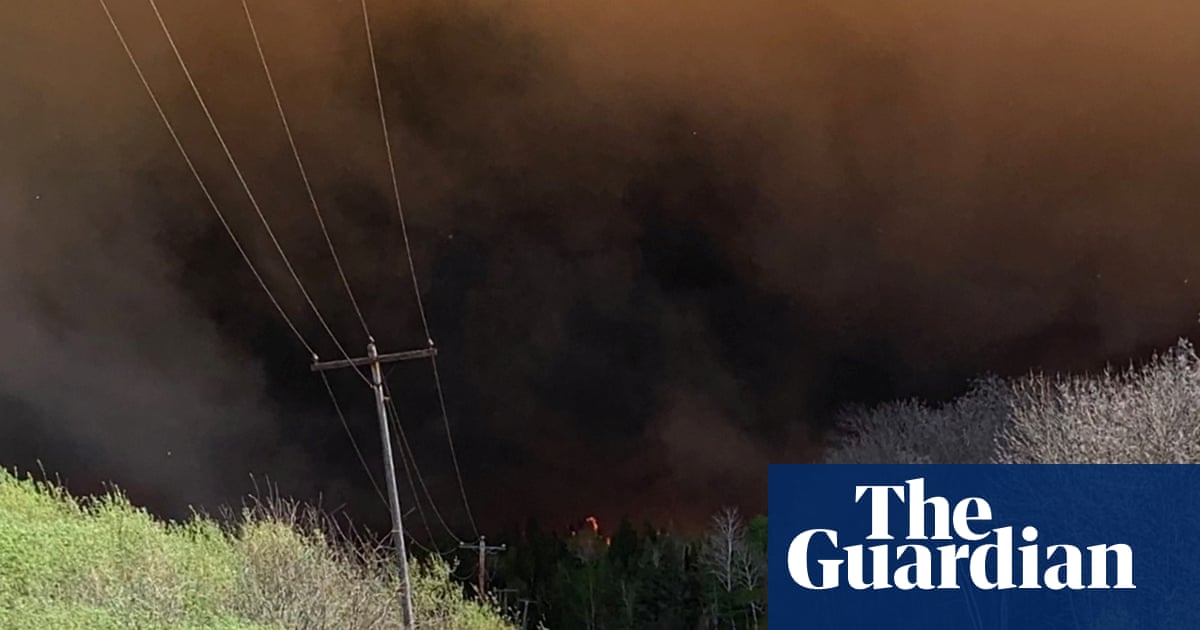A major wildfire burning in centralCanadahas killed two people and forced 1,000 more to evacuate their homes, kicking off a fire season authorities warn could prove devastating.
Canadian federal police confirmed on Wednesday that two people died in the small community of Lac du Bonnet, in the central province of Manitoba, which is experiencing unusually hot, dry and windy conditions.
Manitoba’s premier, Wab Kinew, said he was “deeply saddened to learn of the tragic loss of two Manitobans due to the wildfires”.
“My heart goes out to their loved ones,” he added in a post on Twitter/X.
In 2023,during Canada’s worst wildfire season, there were no recorded civilian deaths.
Chris Hastie of the Royal Canadian mounted police told reporters that authorities “were aware that these individuals had been trapped in the fire”.
“Due to extreme conditions yesterday afternoon, emergency personnel were not able to reach the location until this morning,” Hastie added.
Several evacuations orders have been issued in recent days in Manitoba.
In Lac du Bonnet, 1,000 people have been ordered to leave their homes.
“This is a truly tragic event, we are a very close-knit community here,” Loren Schinkel, the head of the community 100km (62 miles) north of Winnipeg, said.
There are currently 92 active fires acrossCanada, including in British Columbia, Alberta, Saskatchewan, Manitoba and Ontario.
In Manitoba there are 24 active fires, five of which are considered out of control, authorities said.
“We are looking at obviously very challenging conditions,” said Kristin Hayward of the Manitoba wildfire service, citing hot, dry weather.
“We have had some very windy days, and we expect that to continue,” she added, speaking before the fatalities were confirmed.
Authorities have warned the wildfire season in central and western Canada could be more intense than normal due to drought conditions affecting several areas.
The climate crisis has increased the impact of extreme weather events in Canada.
